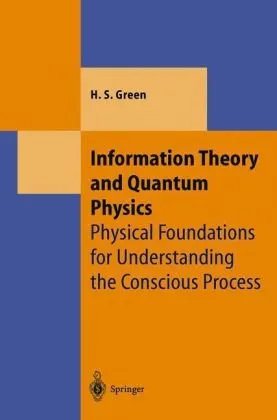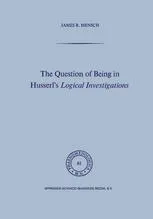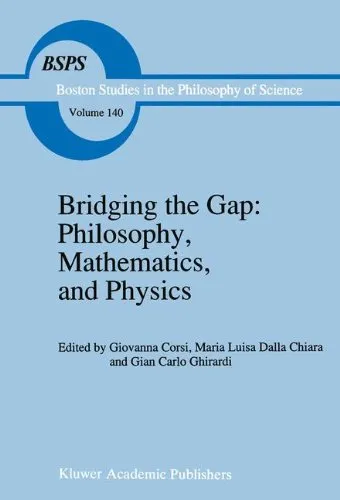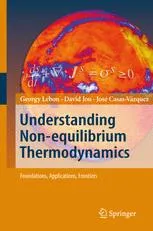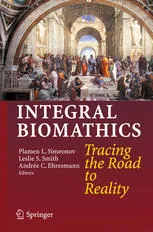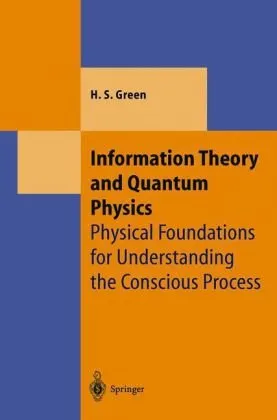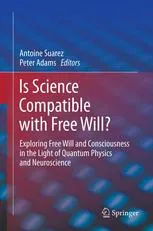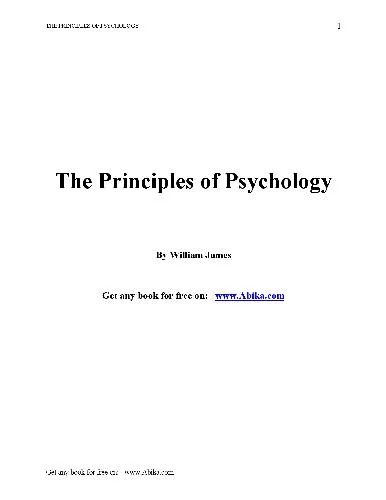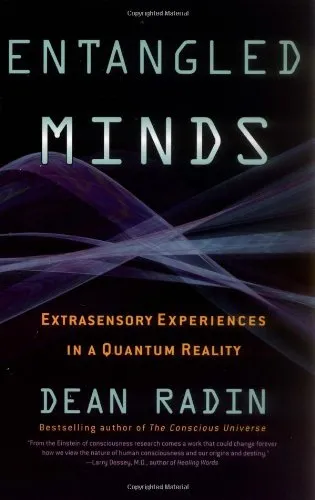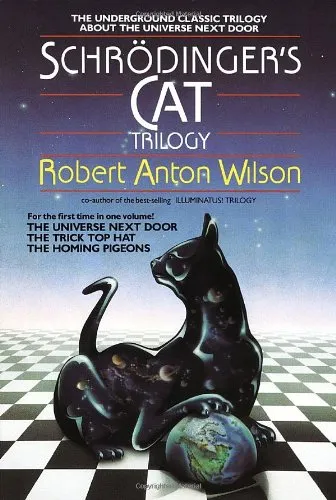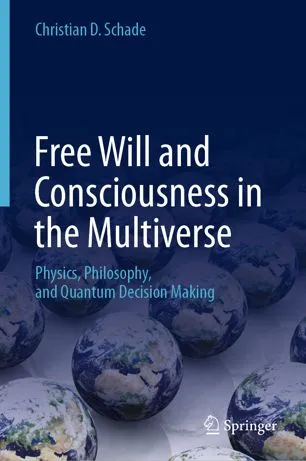Information Theory and Quantum Physics: Physical Foundations for Understanding the Conscious Process (Theoretical and Mathematical Physics)
4.0
Reviews from our users

You Can Ask your questions from this book's AI after Login
Each download or ask from book AI costs 2 points. To earn more free points, please visit the Points Guide Page and complete some valuable actions.Related Refrences:
Introduction
Welcome to a groundbreaking exploration at the intersection of information theory, quantum physics, and consciousness. In "Information Theory and Quantum Physics: Physical Foundations for Understanding the Conscious Process," I, Herbert S. Green, invite you to delve into a blend of theoretical and mathematical physics that underpins our understanding of consciousness. This book is designed to offer both an enlightening journey for the curious reader and a detailed roadmap for scholars and researchers interested in these foundational concepts.
Detailed Summary of the Book
The book introduces you to the fundamental concepts of information theory and how they relate to quantum physics. We begin by examining the basics of information theory—how information is quantified and the significance of entropy as a measure of uncertainty in a system. From this foundation, we move into quantum theory, exploring wave functions, probabilities, and the profound implications of quantum mechanics on our understanding of reality.
We then tackle the ambitious task of connecting these ideas to consciousness. The book hypothesizes that consciousness can be seen through the lens of information processing, where the physical brain functions as a complex computational mechanism. This leads us to question not only how consciousness arises but also how it interacts with the quantum world.
In later chapters, we explore various models and theories that attempt to explain consciousness, including considerations of free will and the role of the observer in quantum measurements. The discussions are rooted in the philosophical implications as well as the pragmatic consequences for physics and cognitive sciences.
Key Takeaways
- Understanding the connection between information theory and quantum physics provides a unique perspective on the nature of consciousness.
- The book presents a hypothesis that consciousness can be considered as an advanced form of information processing.
- It discusses the philosophical implications of quantum physics on concepts like free will and reality.
- The book encourages readers to consider consciousness not just as a biological phenomenon, but also as a fundamental aspect of the universe.
Famous Quotes from the Book
"Consciousness is the enigma at the heart of science, a shadowy presence that information theory and quantum physics illuminate from unexpected angles."
"The observer effect in quantum mechanics reveals not just the quirks of particles but the profound connection between observation and the essence of reality."
Why This Book Matters
This book matters because it challenges us to rethink the nature of consciousness, arguably one of the most mysterious and debated topics in both science and philosophy. By bridging the gap between seemingly disparate fields—information theory, quantum mechanics, and cognitive science—it offers new insights and prompts fresh dialogue about fundamental questions: What is consciousness? How is it rooted in the laws of physics? And can it be understood in terms of information?
Furthermore, by positing that consciousness could be intrinsic to the fabric of the universe, it invites readers to consider broader questions beyond our immediate scientific understanding, potentially influencing future research directions in both theoretical physics and neuroscience.
Free Direct Download
You Can Download this book after Login
Accessing books through legal platforms and public libraries not only supports the rights of authors and publishers but also contributes to the sustainability of reading culture. Before downloading, please take a moment to consider these options.
Find this book on other platforms:
WorldCat helps you find books in libraries worldwide.
See ratings, reviews, and discussions on Goodreads.
Find and buy rare or used books on AbeBooks.
1387
بازدید4.0
امتیاز0
نظر98%
رضایتReviews:
4.0
Based on 0 users review
Questions & Answers
Ask questions about this book or help others by answering
No questions yet. Be the first to ask!
